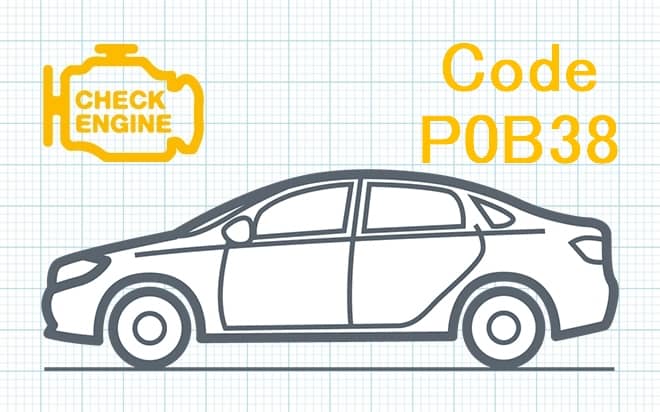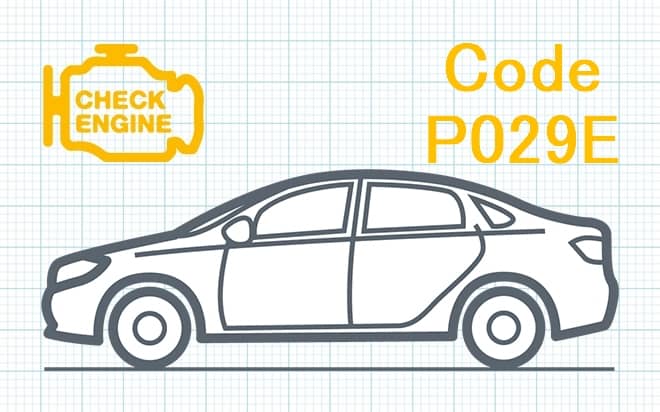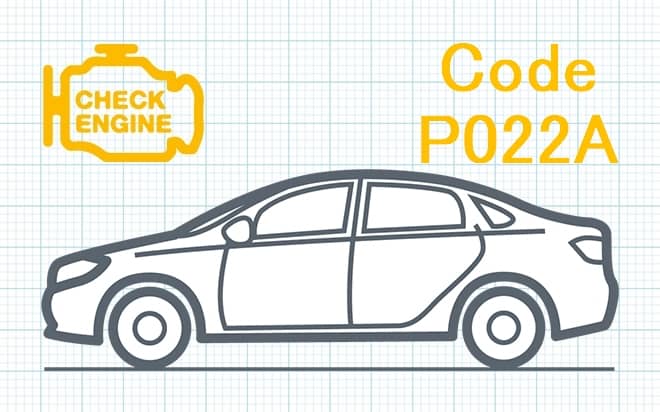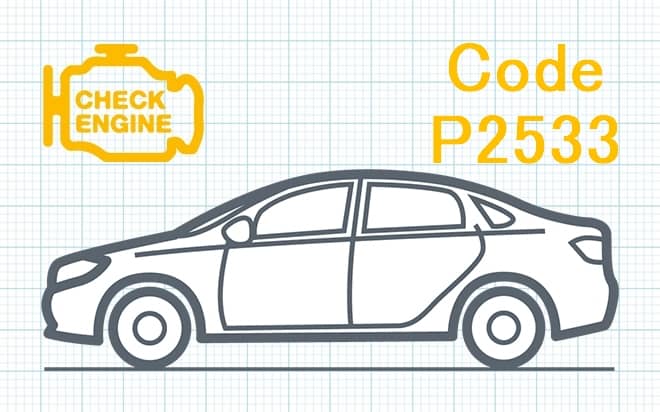Fault code P0179 is called “Fuel Composition Sensor Circuit High Input” but in different programs it may be called differently. This fault designation applies to all vehicles equipped with OBD-II.
Technical description and explained code P0179
Stored code P0179 means that the control module (PCM) has detected a voltage signal from the fuel composition sensor that is above the limit of the programmed range. The fuel composition sensor is sometimes integrated in the same housing as the fuel temperature sensor.
As the fuel passes through the fuel sensor, the percentage of ethanol, water, and other contaminants is estimated. An appropriate voltage is applied to the PCM according to the level of fuel contamination.
The amount of ethanol present in the fuel is usually classified independently of the other contaminants. Gasoline-fueled vehicles function normally even with up to eighty-five percent ethanol in the fuel.
The amount of ethanol can vary each time the tank is refueled, requiring appropriate adjustments for optimal performance and fuel economy. Therefore, the fuel composition sensor constantly exchanges signals with the PCM.
The PCM adjusts the ignition timing and pulse width of the fuel injectors accordingly for more efficient combustion. The end result is improved performance, less pollution, and improved fuel economy.
Code P0179 is set when the PCM detects an abnormal or out of range signal. This code identifies a variety of circuit faults, the problem may be physical, mechanical or electrical.
But most often the presence of this fault indicates the electrical nature of the problem.
Symptoms of vehicle malfunctions
The main signal that an error P0179 has occurred is the Malfunction Indicator Lamp (MIL) is also known as the CheckEngine Light.
It can also be warning signs such as:
- Check engine control lamp on the control panel will light up (the code will be recorded in the memory as a malfunction).
- The engine stops or starts badly.
- Decreased engine power.
- Increased fuel consumption.
- There may be no symptoms other than the stored fault code.
The severity of error P0179 is high, the cause should be eliminated as soon as possible. Since the car engine may stall and run erratically if low-quality fuel is used.
Factors that can cause this error code
The error code P0179 can mean that one or more of the following problems have occurred:
- Fuel composition sensor is defective.
- Damaged connector or wiring problem.
- Excessive resistance in electrical circuit.
- Damaged fuel line.
- Contaminated fuel or use of wrong type of fuel.
- Sometimes a faulty PCM module is the cause.
How to fix or reset OBD-2 code P0179
Some suggested steps for troubleshooting and fix the error code P0179:
- Read all stored data and error codes with an OBD-II scanner.
- Clear the error codes from the computer memory.
- Test-drive the vehicle to find out if error P0179 appears again.
- Visually inspect the connector and electrical wires for damage. If present, repair the damaged areas.
- Check the resistance to make sure it is within tolerance.
- Test the fuel composition sensor.
- Test the engine control module (ECM).
Diagnose and repair of problems
Locate the fuel composition sensor; once found, visually inspect connectors and wiring. Look for scuffs, exposed wires, burn marks, or melted plastic. Disconnect the connectors and carefully inspect the terminals inside. Check them for rust and other damage.
Remove diagnostic trouble code P0179 from the memory and see if it comes back again. If it is gone, the problem was in the wires or connections. If the fault code returns, we will need to test the sensor and associated circuits.
Testing the temperature and fuel composition sensor
The fuel composition sensor is usually wired with a 5 volt reference signal and ground. A variable resistance fuel composition sensor closes the circuit and sends a pulse signal to the PCM.
Check the reference voltage and ground at the fuel composition sensor connector with a multimeter. If there is no reference voltage on the sensor connector, check the parallel circuits on the PCM connector.
If no reference voltage is detected on the PCM connector, the problem may be a faulty PCM or a PCM programming error. But consider a faulty PCM as the main cause of error P0179 only as a last resort.
On which vehicles does this problem occur most frequently
Fault code P0179 can occur on different vehicles but there are statistics on which brands this occurs most often. Here is a list of some of them:
- BMW
- Chevrolet (Equinox, Impala, Suburban, Tahoe)
- Ford
- GMC Sonoma
- Honda
- Land Rover
- Mazda
- Mercedes-Benz
- Mitsubishi (Lancer)
- Opel
- Pontiac
- Renault (Logan)
- Scion
- Volkswagen
Fault code P0179 can sometimes be found with other errors. The most common are the following: P0172, P0176, P0177, P0178.





